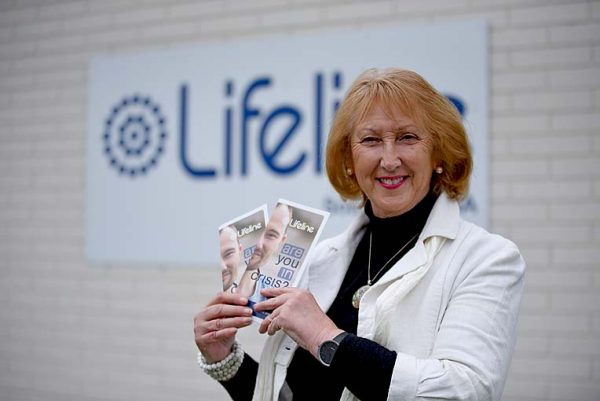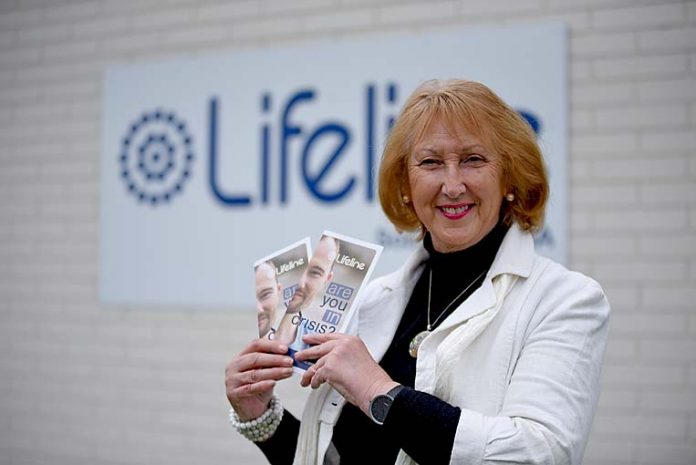
LIFELINE South East is continuing to save lives at the Mount Gambier Prison through its innovative program to prevent suicides within the correctional system.
Statistics show there has been only one suicide at the Mount Gambier Prison over the past 23 years.
This statistic is startling given suicide in prisons occurs at a rate about eight times that of the general South Australian community.
While the program draws some critics, Lifeline South East chief executive officer Eve Barratt believes everyone is entitled to mental health care and every life matters.
Ms Barratt goes beyond the walls of the prison to train prisoners to watch for the signs of suicide, particularly with new offenders coming into the system who are at higher risk of self-harm.
She is adamant Lifeline’s Prison Listeners program is directly saving lives through training prisoners.
“I know it has saved lives. I know from talking with staff and the feedback from participants in the program,” said Ms Barratt, who set up the program.
“When I go out and speak with prisoners, they will say ‘you know that man over there, he saved my life’.”
Speaking to The Border Watch, Ms Barratt revealed she visited the prison to train inmates and to regularly see “how they were going”.
She said Lifeline’s core values emphasised the “essential worth of all people”.
“It is a good fit for what we do given we are a community-based Lifeline centre. We try to reach out to all parts of the community, including the hard to reach parts,” Ms Barratt said.
“Lifeline does not condone what they did and it does not take away from the gravity of their crime or seek to diminish the pain of their victims.
“What it does do is to look at their time in prison and try to get them to get in touch with the best version of themselves rather than what led them to incarceration.
“In helping other people, they often help themselves.”
She said prisoners often could understand the fear and anxiety felt by first offenders or those on remand.
“They do understand some of the fear and irrational thoughts that could be haunting these people,” Mr Barratt said.
“Sometimes the best comforter is someone who has needed to be comforted themselves.
“This program could not happen without the encouragement and support of the prison’s management and staff.”
Explaining the Listeners program was not the only initiative that was working to save lives, she said it was “one tool in the toolbox that G4S uses”.
She said other factors included education, as well as visits by family and friends.
Ms Barratt also delivers training for the prison’s staff.
“One of the strengths of the program, through the support of management, is that it has never faulted for 23 years without a break,” she said.
“We could not do it unless we were in partnership with prison management.”
Between 1995 and 2010 in South Australia, 25 prisoners died from suicide.
“In the same period in Mount Gambier there was one,” Ms Barratt said.
Explaining the program was attracting national attention, she said the skills being taught to inmates could be transferred to outside of the prison walls.
While most people in society understood the need to be responsible and making the right choices, Ms Barratt said many prisoners had never learnt this.
“In the early parts of the training, it is like I am speaking a foreign language,” she said.








